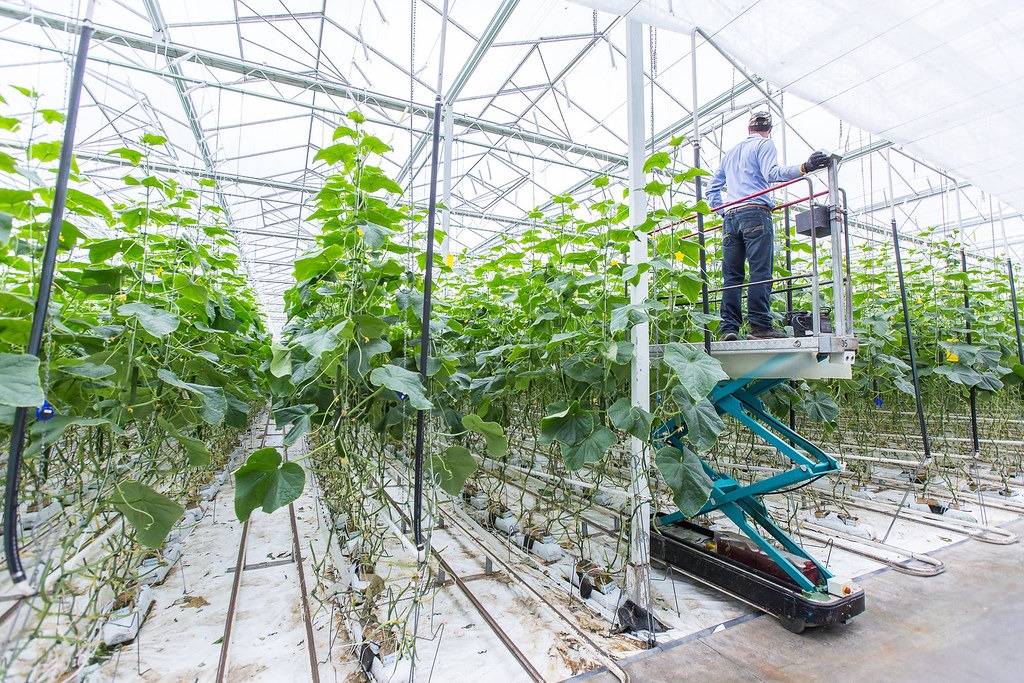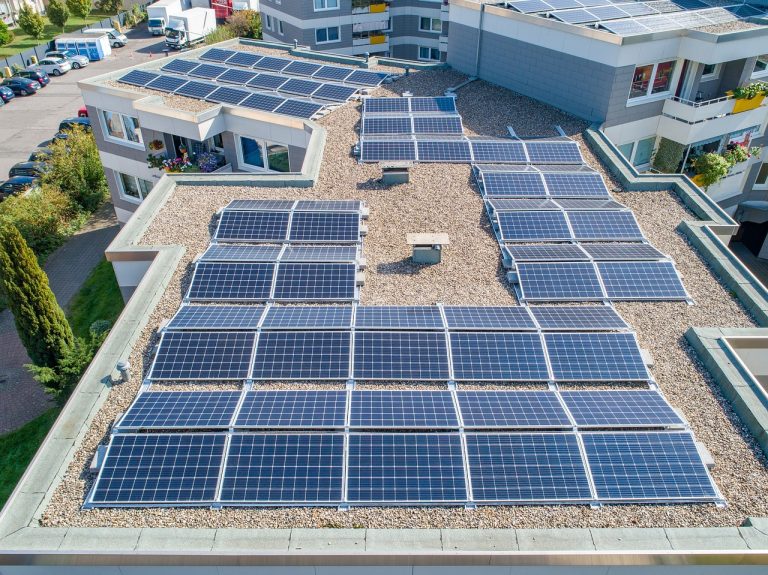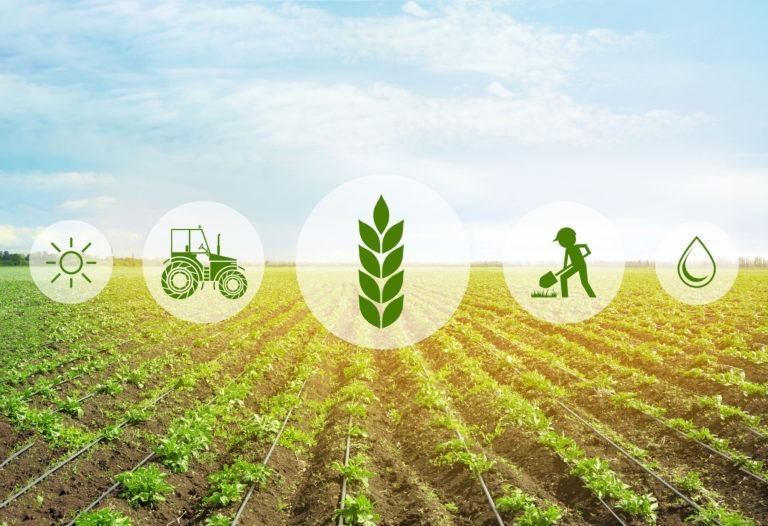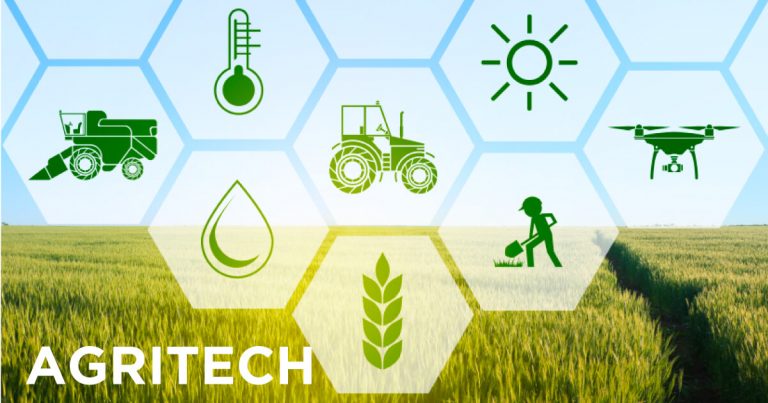How Africa Can Leverage AgriTech for Sustainable Development

Agriculture remains a cornerstone of the African economy, employing a large portion of the continent’s population and contributing significantly to its GDP. However, the sector faces numerous challenges, including climate change, limited access to capital, outdated farming techniques, and post-harvest losses.
Advancements in Agricultural Technology (AgriTech) offer transformative solutions, enhancing productivity, sustainability, and food security. This article delves into the ways Africa can leverage AgriTech for sustainable development, drawing on research, case studies, and expert insights.
AgriTech encompasses a broad range of technologies that can be applied at various stages of the agricultural value chain, from precision farming to supply chain innovations. In Africa, the potential for AgriTech is particularly significant due to its untapped arable land, youthful population, and rapid technology adoption rates.
- Precision Agriculture: Technologies such as GPS mapping, drones, and satellite imagery can enable African farmers to monitor crop health, optimize water usage, and improve land management practices. Precision agriculture can lead to higher yields, reduced environmental impact, and increased profitability.
- Mobile and Digital Platforms: Mobile technology has seen widespread adoption across Africa. Platforms that provide farmers with real-time information on weather patterns, market prices, and agronomic tips can significantly improve decision-making and financial inclusion.
- Blockchain for Traceability: Blockchain technology can enhance transparency and trust in the agricultural supply chain by providing secure and immutable records of transactions and product movements from farm to table. This can improve access to markets and fair pricing for smallholder farmers.
- Biotechnology: Advances in biotech, including drought-resistant and pest-resistant crops, can offer solutions to some of Africa’s most pressing agricultural challenges. Genetically modified crops, for instance, can provide higher yields and nutritional content while reducing the need for chemical inputs.
- Renewable Energy Solutions: Solar-powered irrigation systems and processing equipment can mitigate one of Africa’s significant agricultural challenges: access to reliable and affordable energy. Renewable energy solutions can increase irrigation coverage and reduce post-harvest losses, enhancing food security.
Some Challenges and Opportunities of Implementing AgriTech Solutions in Africa
The implementation of AgriTech in Africa is not without its challenges. These include limited infrastructure, digital literacy, access to capital, and regulatory hurdles. However, these challenges also present opportunities for innovation, partnership, and policy development.
- Infrastructure and Connectivity: Investing in infrastructure, particularly in rural areas, is crucial for the effective deployment of AgriTech solutions. This includes not only physical infrastructure but also digital connectivity.
- Education and Training: Capacity building and education are essential to ensure that farmers and agricultural workers can effectively use new technologies. Partnerships with educational institutions, extension services, and AgriTech companies can facilitate knowledge transfer and skills development.
- Access to Capital: Financial inclusion remains a significant barrier for smallholder farmers. Innovative financing solutions, such as mobile money, crowd-funding platforms, and microfinance, can provide the capital needed to invest in AgriTech solutions.
- Policy and Regulatory Frameworks: Governments have a critical role in creating enabling environments for AgriTech through supportive policies, regulatory frameworks, and incentives. This includes intellectual property rights, data protection laws, and standards for new technologies.
Despite these challenges, we have some countries who have implemented AgriTech initiatives that offer valuable lessons and models for replication. For example,, Kenya’s M-Pesa mobile money platform has revolutionized financial inclusion, enabling farmers to access loans, insurance, and payment systems. In Nigeria, startups like FarmCrowdy are connecting farmers with investors through digital platforms, providing capital and technical assistance. These success stories highlight the potential for AgriTech to transform African agriculture.
In summary, AgriTech presents a significant opportunity for Africa to address its agricultural challenges, improve productivity, and enhance food security. By leveraging technologies such as precision farming, digital platforms, biotechnology, and renewable energy, Africa can embark on a path of sustainable agricultural development.
However, realizing this potential requires concerted efforts from governments, the private sector, international organizations, and the farming community. Through collaboration, investment, and innovation, Africa can harness the power of AgriTech to secure a prosperous and sustainable future for its agricultural sector.







